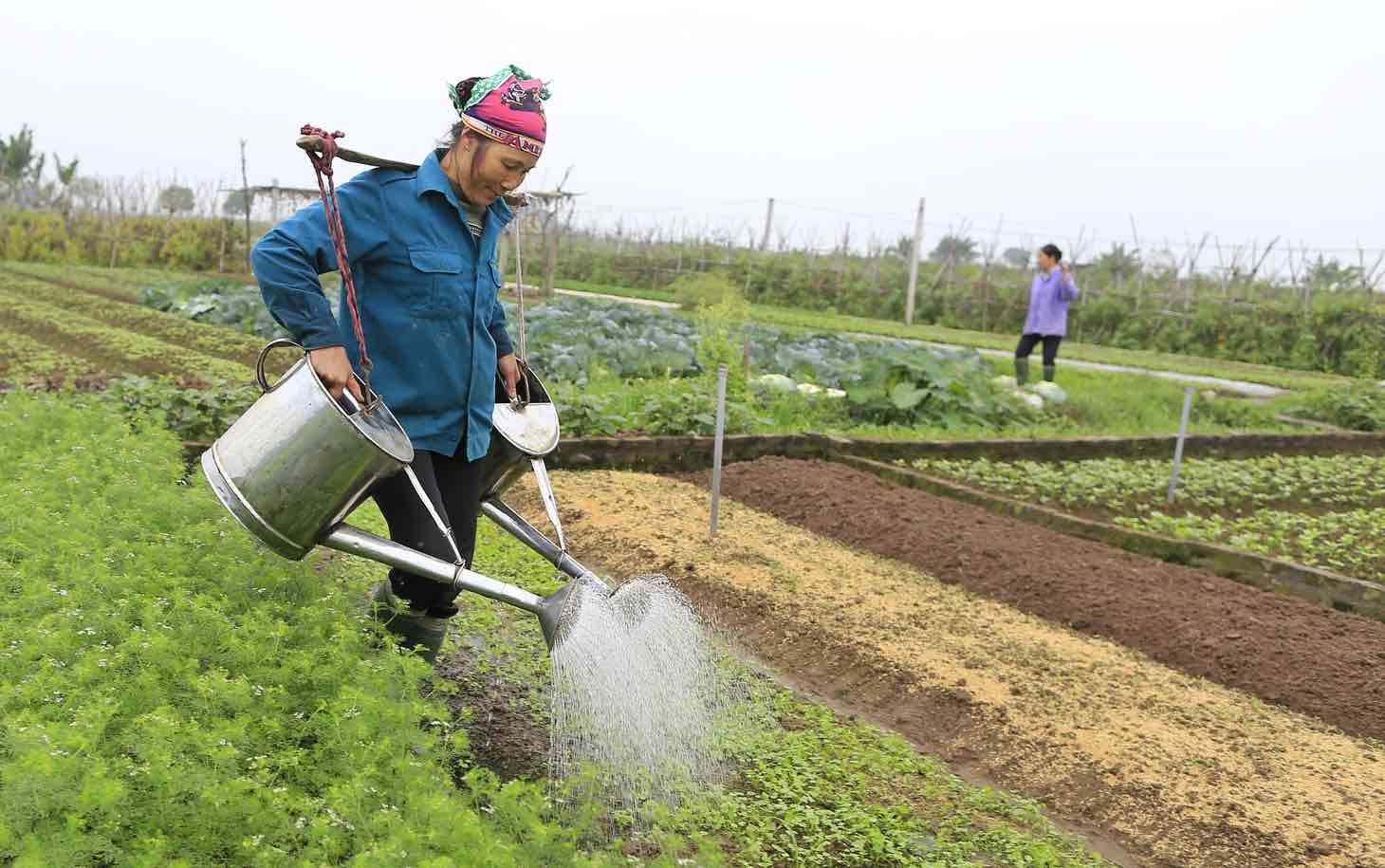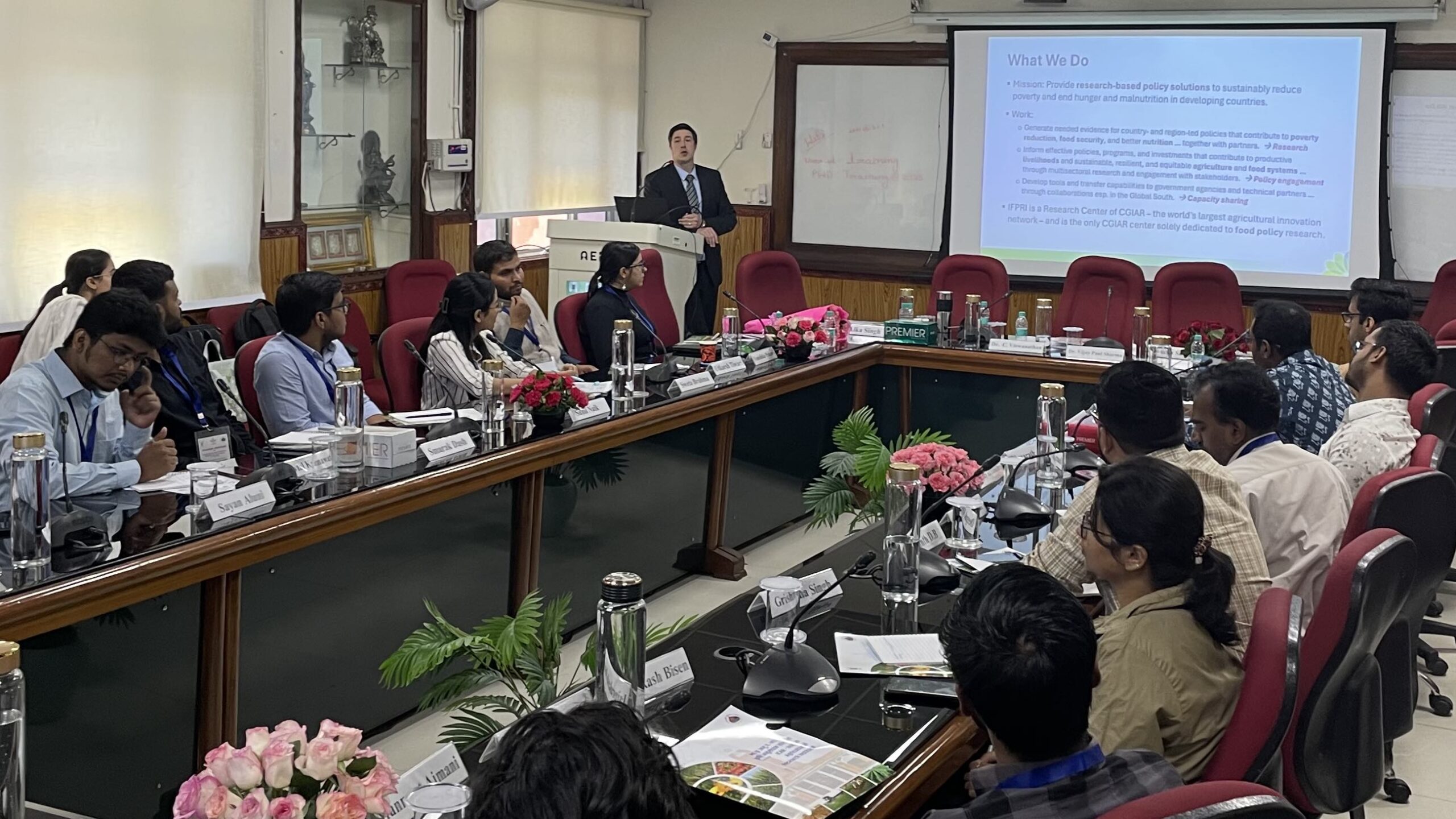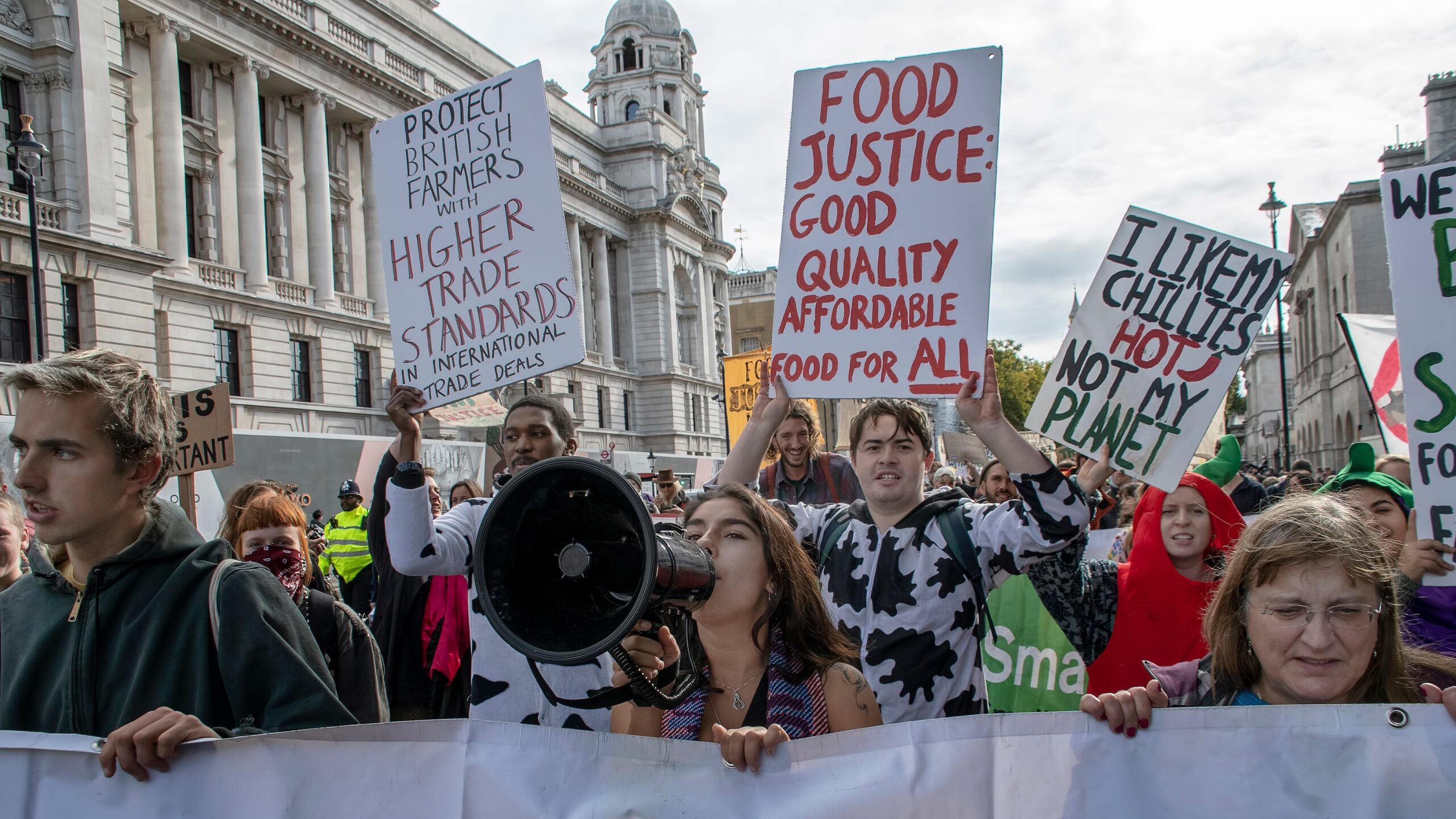There is a global need for greater investment in agriculture to ensure the world can continue to feed its population, adopt more climate resilient crops and techniques, and produce more nutrient-dense foods. Smallholder farmers, who continue to produce a substantial amount of the world’s food, must be able to take advantages of new financial opportunities. Yet globally, most smallholders (and a substantial proportion of adults) remain unbanked (having no access to banking services) and typically also lack access to formal credit sources.
Meeting agricultural investment goals will almost certainly require new, innovative ways for smallholders to access credit and help for financial institutions to limit transaction costs and lending risks. These efforts depend on how existing policies governing finance function—or can be adjusted or reformed.
Since 2019, we have been collaborating with researchers from the Institute for Policy and Strategy for Agriculture and Rural Development (IPSARD) in Hanoi to assess the state of agricultural value chain financing (AVCF) in Viet Nam. A new report on this effort examines the challenges smallholders face in obtaining credit and banking services and outlines potential policy solutions based on global best practices, as well as priorities for investment.
While financing opportunities in the agricultural sector in Viet Nam are growing, they remain insufficient, particularly for smallholders. Interest rate ceilings and a lack of options for collateral make small scale agricultural lending risky for many financial institutions and inaccessible for many potential borrowers. Comparing these findings to global good practices for AVCF suggests a number of policy adjustments that could increase access to finance for smallholders, including the poor, ethnic minorities, and women.
- Allow interest rates for formal loans to be priced by the market rather than through regulation.
- Support modern payment systems and transaction frameworks that can reduce transaction costs for financial institutions and borrowers.
- Develop a legal framework that supports more collateral options accessible to smallholders.
- Develop a legal framework that supports contract farming among smallholders.
- Allow for a more open, technology-driven financial architecture that facilitates market entry among nontraditional financial service providers.
Most of the work producing this report was conducted in late 2019 and early 2020. Since then, the COVID-19 pandemic has battered the world economy. Viet Nam has been a remarkable success story in containing the virus, and daily life has largely returned to normal, with the tourism sector being an exception due to strong restrictions on international travel. However, Viet Nam’s economy will not escape unscathed. The pandemic is affecting global trade patterns and supply chains in ways that are not yet fully known. Even where domestic supply chains have been able to operate normally, international trade has been impacted due to linkages with China, Europe, and the United States, economies that have suffered major pandemic impacts in recent months. Trade declined through the first six months of 2020. It is still unknown whether the pandemic will persist or recur in other regions, making its impacts on the Vietnamese economy uncertain for the remainder of 2020 and into the next year.
Regardless of this uncertainty, the agriculture sector will be vital to Viet Nam’s economic recovery. Vietnamese agriculture is linked to a wide set of both international and domestic markets, and remains a critical revenue stream for many of the country’s poorest and most marginalized groups. Thus we expect that the pre-existing need for expanded access to financial services will only grow more urgent during and following the pandemic, as a means of keeping marginalized populations from slipping further behind the rest of the country.
One strategy for filling this gap is increasing investment in digital financial technologies (fintech), facilitated by emerging fintech companies. Social distancing measures central to COVID-19 containment efforts have further illustrated the potential of digital technologies. In addition to reducing transaction costs for both financial institutions and borrowers, digital solutions reduce the need for in-person contact, increasing access to finance while slowing the spread of disease.
In a post-pandemic Viet Nam these fintech solutions, paired with necessary regulatory policy changes, could support sustainable increases in financial access for vulnerable smallholders. In the second phase of this project, we plan to explore how changes in regulation can advance fintech’s role in AVCF by evaluating a pilot project within the fintech sector.
Kate Ambler is a Research Fellow with IFPRI’s Markets, Trade, and Institutions Division (MTID); Alan de Brauw is a MTID Senior Research Fellow; Sylvan Herskowitz is an MTID Associate Research Fellow.
Funding for this project is provided by the Australian Centre for International Agricultural Research and the IFPRI-led CGIAR Research Program on Policies, Institutions, and Markets (PIM).







